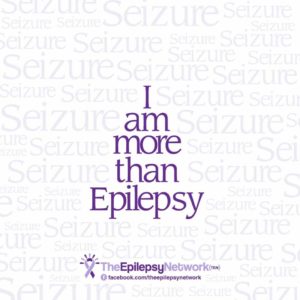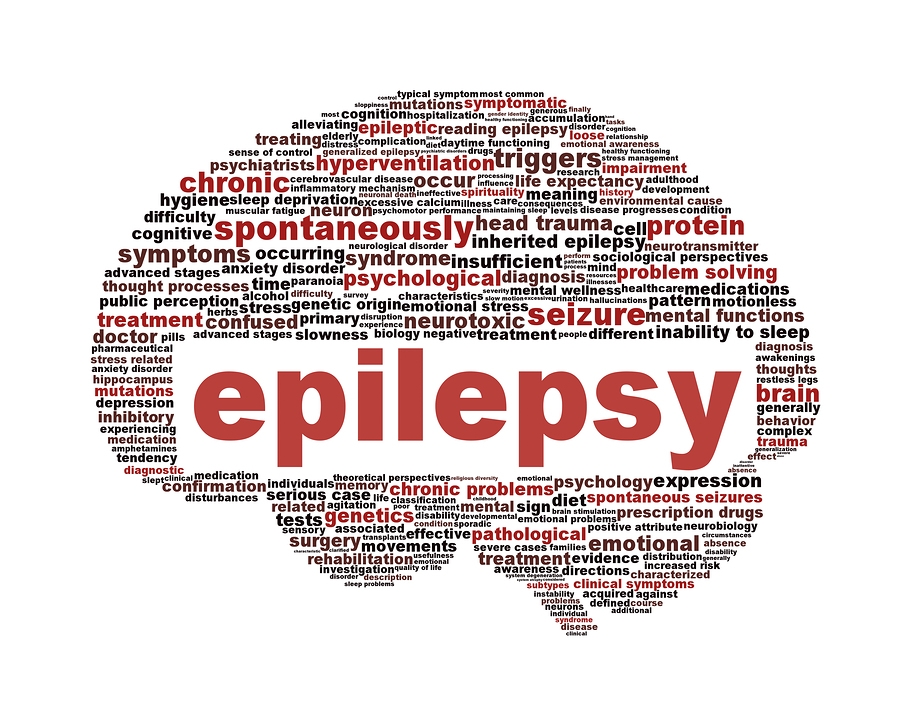“She is a witch! She must be possessed by some demons.”
“That is God’s way of punishing her, she is a sinner. Don’t go near her, you can get that sickness.”
“She is psychotic. She is a curse and a dishonor to our family.”
This is the story of many people living with epilepsy in third world countries.
It is depressing to know that people with epilepsy are still battling stigma in the 21st century, even with all the advancements being made in medicine and technology. In church, school and even within their own families, disheartening rejection stare these patients in the face. It’s even worse when they find themselves in areas with high illiteracy rates and poor health care.
This attitude towards epilepsy is a result of obnoxious cultural beliefs and myths disguised as tradition which have been passed down through the generations. These myths are mostly borne out of the misinterpretation of the unknown by shamans of a forgotten past. Although they are absurd, they have become so deeply rooted in our collective psyches as truth contributing to our flawed perceptions of people with physical and mental challenges or disorders.
One may ask; if beliefs based on centuries of ancestral knowledge are wrong and epilepsy is not caused by demon possession and witches, then to what will we attribute this strange disease which seems to have no cause or cure? If it’s not a generational curse, then what is it?
Epilepsy is a central nervous system (neurological) disorder in which brain activity becomes abnormal, causing seizures or periods of unusual behaviour, sensations, and sometimes loss of awareness. The symptoms of the disorder vary depending on the type of seizure. In most cases, a person with epilepsy will tend to have the same type of seizure each time. In as much as anyone can develop epilepsy, there are predisposing factors, these include: genetics, head injury or trauma, and even highly invasive cerebral infections. It has no cure but can be managed with pharmacological therapy and avoidance of precipitating factors such as extreme emotions, bright flashing lights etc. It is not contagious but it can be genetically transferred. And it is definitely not caused by demons.
Epileptic patients do not need exorcism but require patient treatment, love, and care. They should not be tied up or caged or be denied the right to quality education and a normal life. They deserve to experience the optimum quality of life that we all get. They should not be stigmatized because of a disorder they know nothing about and did not call upon themselves. They are not possessed by demons; they are possessed by our judgement, possessed by inferiority, and possessed with a desire to belong.
So, the next time you encounter someone with epilepsy, accept them, for we all are flawed, one way or the other.

